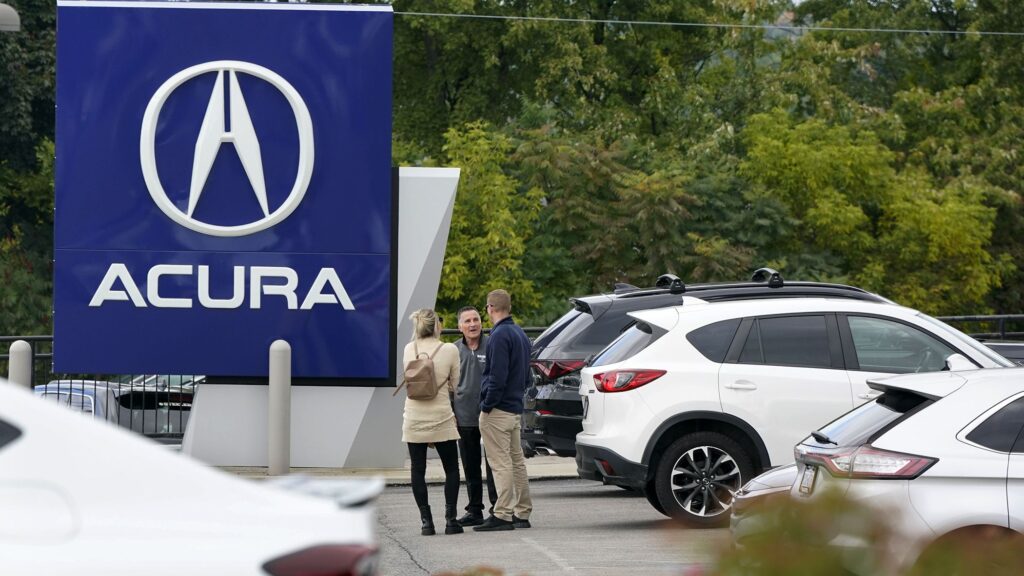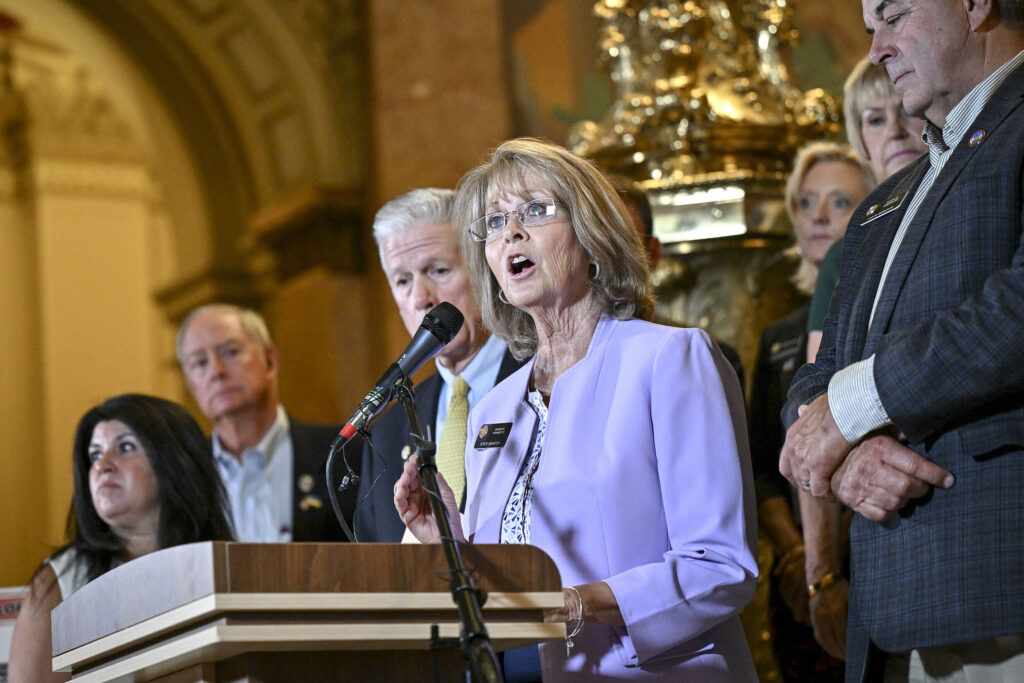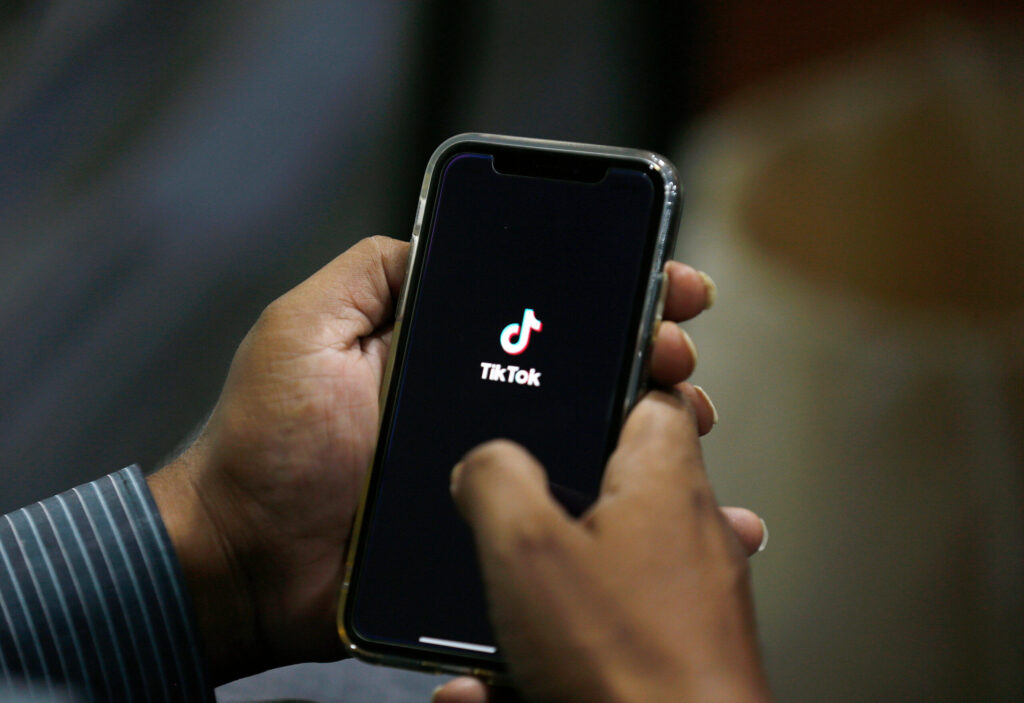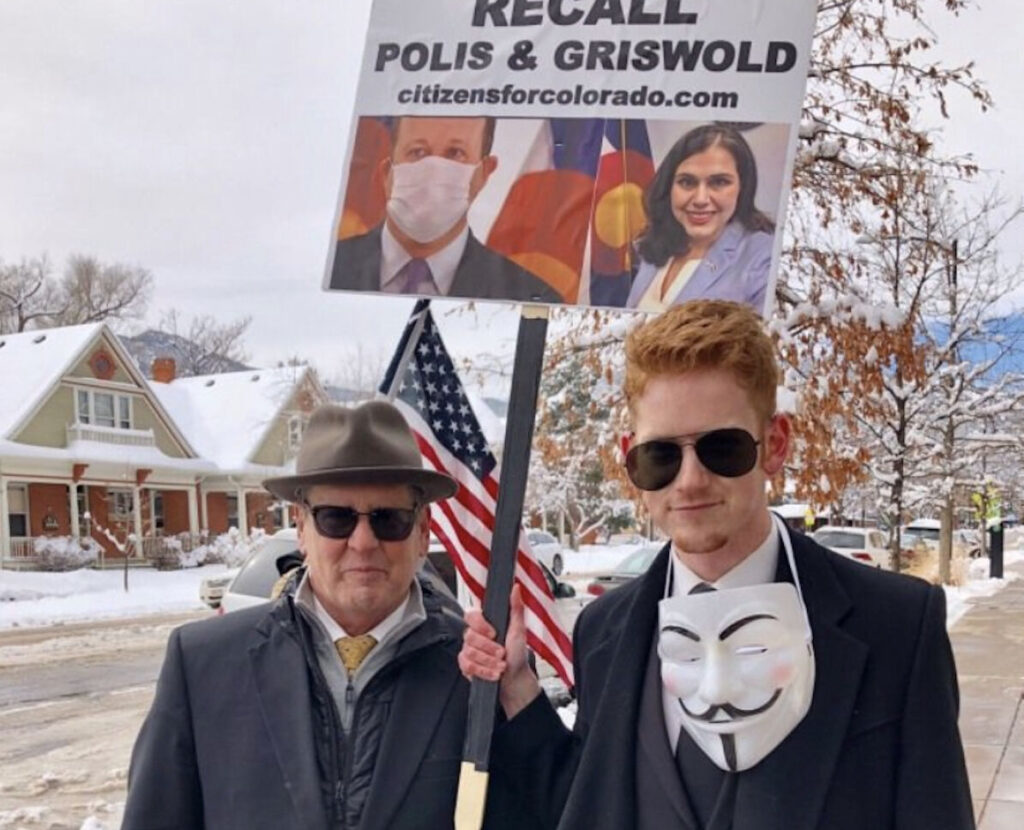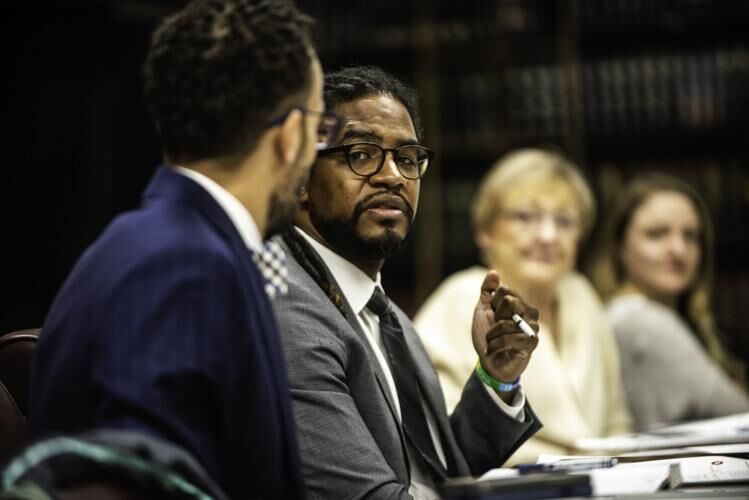Presidential primary gets new life with revised Senate bill
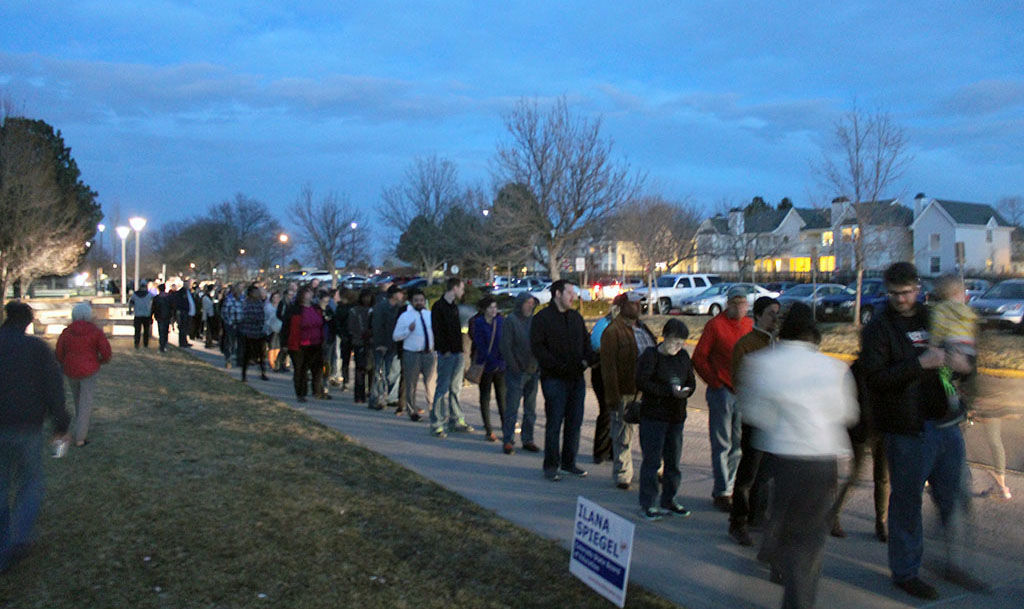
An 11th-hour bill to revive a presidential primary in Colorado is advancing at turbo speed through the Senate after similar legislation idled all week in the House.
The Senate bill, SB 16-216, sponsored by Assistant Senate Majority Leader Kevin Lundberg, R-Berthoud, was introduced late Friday morning and passed unanimously Friday afternoon out of the Senate State, Military and Veterans Affairs. It then went to the Senate Appropriations Committee before an anticipated second-reading vote on the Senate floor after press time.
The rebooted Senate version of the presidential primary bill, also sponsored by Senate Minority Leader Lucia Guzman, D-Denver, emerged in response to fierce, bipartisan Senate resistance to HB 16-1454, sponsored by Rep. Tim Dore, R-Elizabeth, and Assistant Majority Leader Dominick Moreno, D-Commerce City. Apparently aware of the writing on the wall, Moreno and Dore have both signed on as the co-prime House sponsors of the Senate bill.
The legislation reestablishes a presidential primary like Colorado had in the 1992, 1996 and 2000 elections. Legislators cancelled it in 2003, citing the expense. Vocal voters in both major parties have clamored for a return to a primary after the Democrats experienced chaos and long lines at the March 1 caucuses, while some Republicans were angry that the state party canceled its preference poll for presidential candidates at theirs.
Unlike the House bill, the Senate bill wouldn’t establish a version of a so-called “open” presidential primary by allowing unaffiliated voters to temporarily register with a party in order to cast a ballot. The Senate bill, however, would keep the current primary system, which allows unaffiliated voters to change their registration to affiliate with a party up to the day of the election.
The House bill’s provision establishing the temporary affiliation was a huge sticking point with both Democrats and Republicans in the Senate, according to Lundberg and Guzman.
“(The House bill) made a lot of changes that I don’t believe are in the best interests of the people in Colorado,” Lundberg said. “This makes it open and available to anyone who wishes to but the difference is, you have to join the party, be it the Democratic Party or the Republican Party. In my opinion, and a lot for folks on my side of the aisle, we think that’s the best way to go.”
The Senate bill also sets the primary at least two weeks after precinct caucuses, rather than scheduling the election prior to caucuses, in order to avoid stealing thunder from the traditional party gatherings.
Another difference between the two bills is that the Senate bill doesn’t contain any provisions to supersede any ballot measures approved by voters in the November election.
Guzman and Lundberg said neither of them wanted their bill to overrule decisions made by voters this November.
“That was one of the areas that the Democrats didn’t agree on,” Guzman said. “We didn’t like that section. We were intending to bring an amendment to remove that anyway.”
She said lawmakers had heard plenty from constituents about their desire to replace caucuses with a primary when it comes to the presidential nomination. “This bipartisan legislation will provide much more opportunity for people to be involved in the process,” Guzman said through a spokesman.
While the Senate bill passed out of that chamber’s state affairs committee unanimously, committee member Sen. Jerry Sonnenberg, R-Sterling, said he didn’t like how fast the bill was advancing.
“I’ll probably not support it but I’ll support it out of committee today to have those conversations. I wanted sponsors to know I’m not thrilled at running legislation with a gun to my head,” Sonnenberg said during the Friday hearing.
Secretary of State Wayne Williams told The Colorado Statesman he supports a move to a presidential primary — he appeared with Moreno and Dore at a press conference introducing the House bill — and would let lawmakers decide which version to pass.
“We support a presidential primary,” Williams said in a statement. “That’s what the voters of Colorado want and we will testify in support of the new bill, too. This bill has some of the things we want, such as canceling the primary if it is not a contested race.”
Colorado Republican Party Chairman Steve House, who backed the original bill, was unavailable to comment on the Senate bill. Nonetheless, a spokesman said that House “supports reinstating the presidential primary while maintaining the caucus system.”
The Colorado County Clerks Association also supports the bill. Dore and Moreno had said previously that they both worked hard with the clerks to make sure the officials administering the primary were comfortable with the new system.
Pam Anderson, executive director of the statewide clerks’ association, said on Friday afternoon her group had a few issues with the bill’s current language but supported the effort to give voters in the state a presidential primary. One issue of the issues she cited was an amendment in committee Friday removing the language that would have allowed clerks not to send presidential primary ballots if a party had an uncontested race.
The clerks were concerned, she said, about potential ballot measures to move to a presidential primary because they would creates a so-called super ballot for unaffiliated voters that would include candidates from both major parties but only allow voters to vote in one primary. Anderson said that could create confusion and result in more rejected ballots, as happens with the super ballot system in Washington state. Election officials there have seen a rejection rate ranging from 6-10 percent, compared to Colorado’s typical 1.1-percent rate, Anderson noted.
“That’s a lot of ballots when you have close races, and I think that could have an impact on the confidence of voters in the election,” she said. “We have close elections in Colorado, and we’d prefer to send a specific ballot design a voter is eligible for.”
— Ramsey@coloradostatesman.com
— with reporting by Ernest Luning
Colorado Politics Must-Reads:


